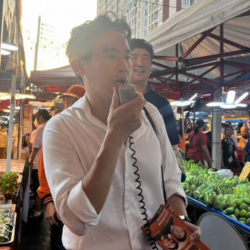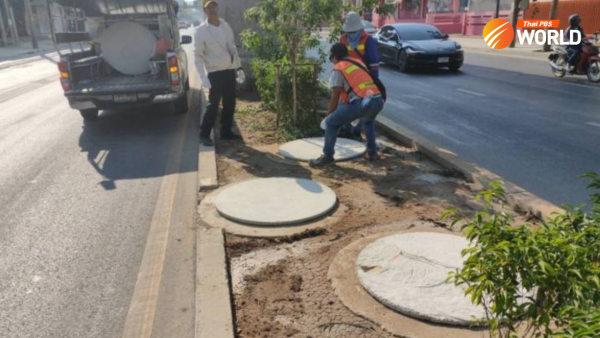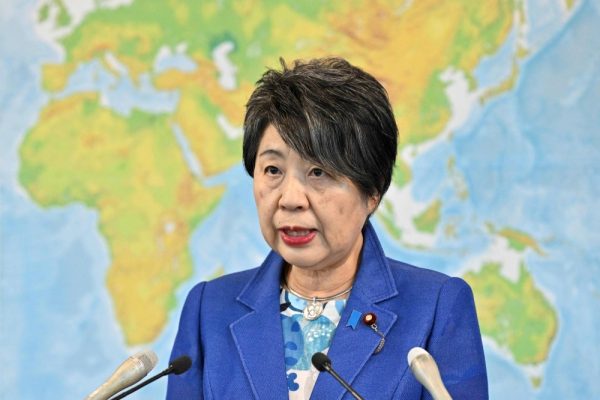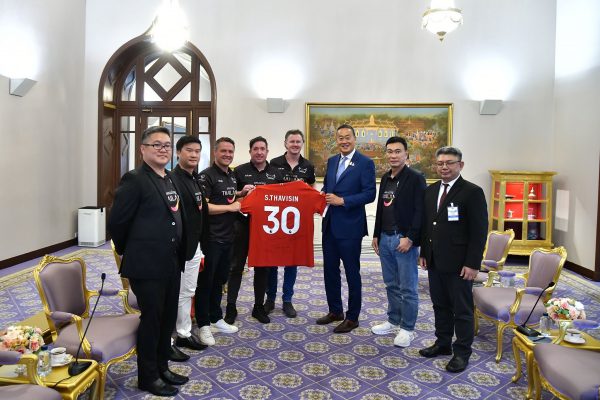The legal pitfalls on Pita’s path to the premiership
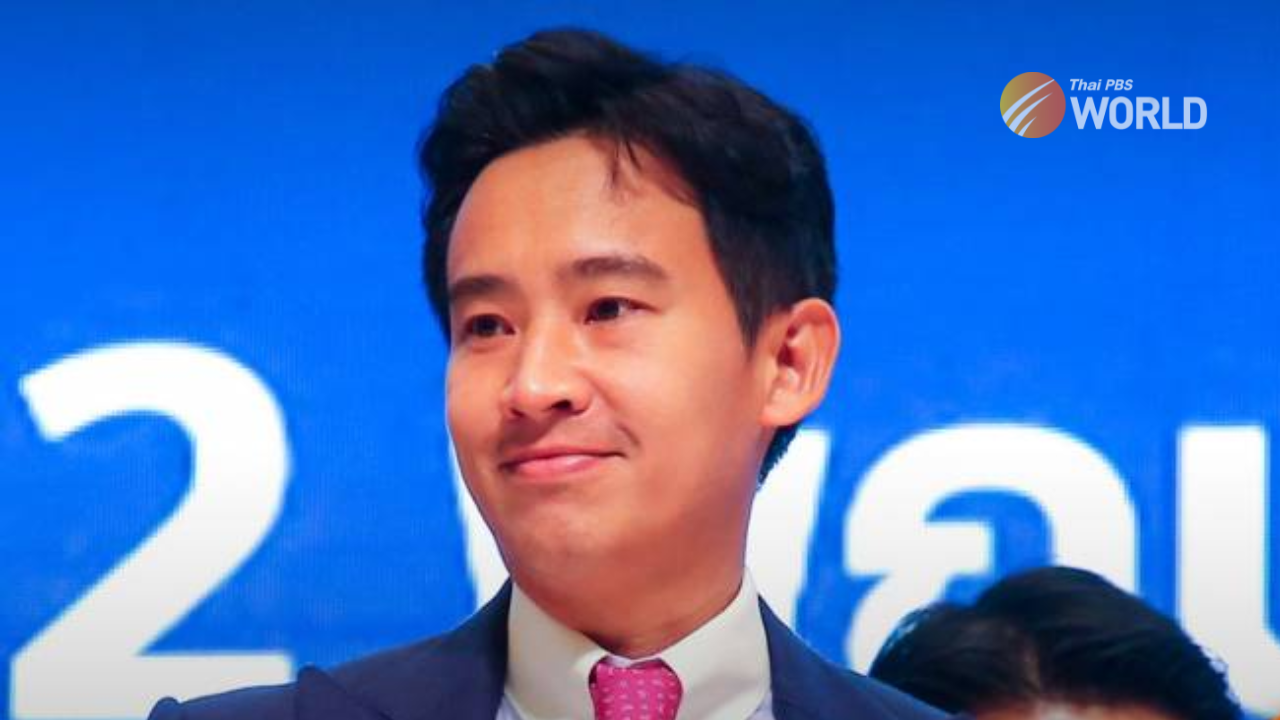
The Election Commission (EC) has dismissed on technical grounds petitions filed against Pita Limjaroenrat, leader and prime ministerial candidate of the Move Forward Party, regarding his qualification to contest the May 14 election. But the agency is going ahead with its inquiry to determine if Pita sought to run despite knowing he was not qualified.
Move Forward won the election in a shock victory, securing 151 MP seats.
Some analysts say the latest EC move holds potentially worse legal consequences for Pita and Move Forward than the initial complaints filed by political activist and serial petitioner Ruangkrai Leekitwattana. It also indicates that the EC believes there is merit in the earlier complaints, they add.
Ruangkrai had asked the EC to investigate if Pita’s holding of 42,000 shares in the media company iTV Plc was against the law, as Article 98 of the Constitution bars any election candidate running for an MP seat from “being the owner of, or a shareholder in any newspaper or mass media business”.
An independent TV channel, iTV was set up in 1995 and went off the air 12 years later in March 2007 after its concession was terminated by the Prime Minister’s Secretariat Office.
ITV Plc was delisted from the Stock Exchange of Thailand in 2014 and has reportedly not received income from media activity for several years, beyond small sums from a subsidiary that rented out broadcasting equipment. Instead, it has been involved in a legal battle with the PM’s Secretariat Office over concession fees.
What the law says
The EC ruled that Ruangkrai’s petitions were filed after the legal deadline, but found that certain facts warrant further investigation – particularly the question of whether Pita contested the election despite being aware he was not qualified.
Article 42 of the organic law on the election of MPs bars an owner or shareholder of any newspaper or mass media business from contesting for a seat in the House of Representatives.
Article 151 of the legislation states that any candidate contesting for the post of MP or prime minister who is aware that they are not eligible “shall be liable to imprisonment of one to 10 years and to a fine of 20,000 to 200,000 baht and the court shall order revocation of such person’s right to vote for 20 years”. They will also be ordered to pay compensation to the Secretariat of the House of Representatives for any salary or other financial benefits earned while serving as an MP.
What next?
If the EC investigation finds grounds for legal action against Pita, the agency can send the case to the Constitutional Court to rule on his constitutional status, and the Criminal Court for a verdict on his qualifications as per the electoral law, analysts say.
If either court accepts the case for trial, Pita could be suspended from duty as an MP and excluded from the parliamentary vote for a new prime minister, they say.
Yuthaporn Issarachai, a political scientist from Sukhothai Thammathirat Open University, said a Constitutional Court ruling would take less time while a criminal case would involve courts at three levels. He added that it would “not be easy” to convince the court that Pita had actually violated Article 151, as all doubt would have to be removed before a guilty verdict was issued.
Views from experts
Former election commissioner Somchai Srisutthiyakorn said the EC approach could land Pita in even deeper trouble as it involved criminal penalties and a 20-year ban from politics.
He also pointed out that the EC decision to pursue the criminal case against Pita could serve as an excuse for senators planning not to vote for him as the next prime minister.
In a recent Facebook post, Somchai wrote that despite the EC rejecting Ruangkrai’s petitions, a case against Pita can still be filed with the Constitutional Court if a minimum of 50 MPs or 25 senators seek a verdict on his MP status.
Former law lecturer Chamnan Chanruang is convinced that the EC case against Pita would be a long legal process involving three levels of court.
Chamnan is also a former executive of the now-defunct Future Forward Party, the previous incarnation of Move Forward.
In a recent Facebook post, Chamnan wrote: “In short, this case will be very, very long. I don’t know if it will be finished before the [incoming] House of Representatives completes its [four-year] term.”
Sodsri Sattayatham, a former election commissioner, commented that it would be more difficult to prove that Pita was guilty of violating Article 151 than to prove he was not eligible to contest the election due to his iTV shareholding.
By Thai PBS World’s Political Desk


